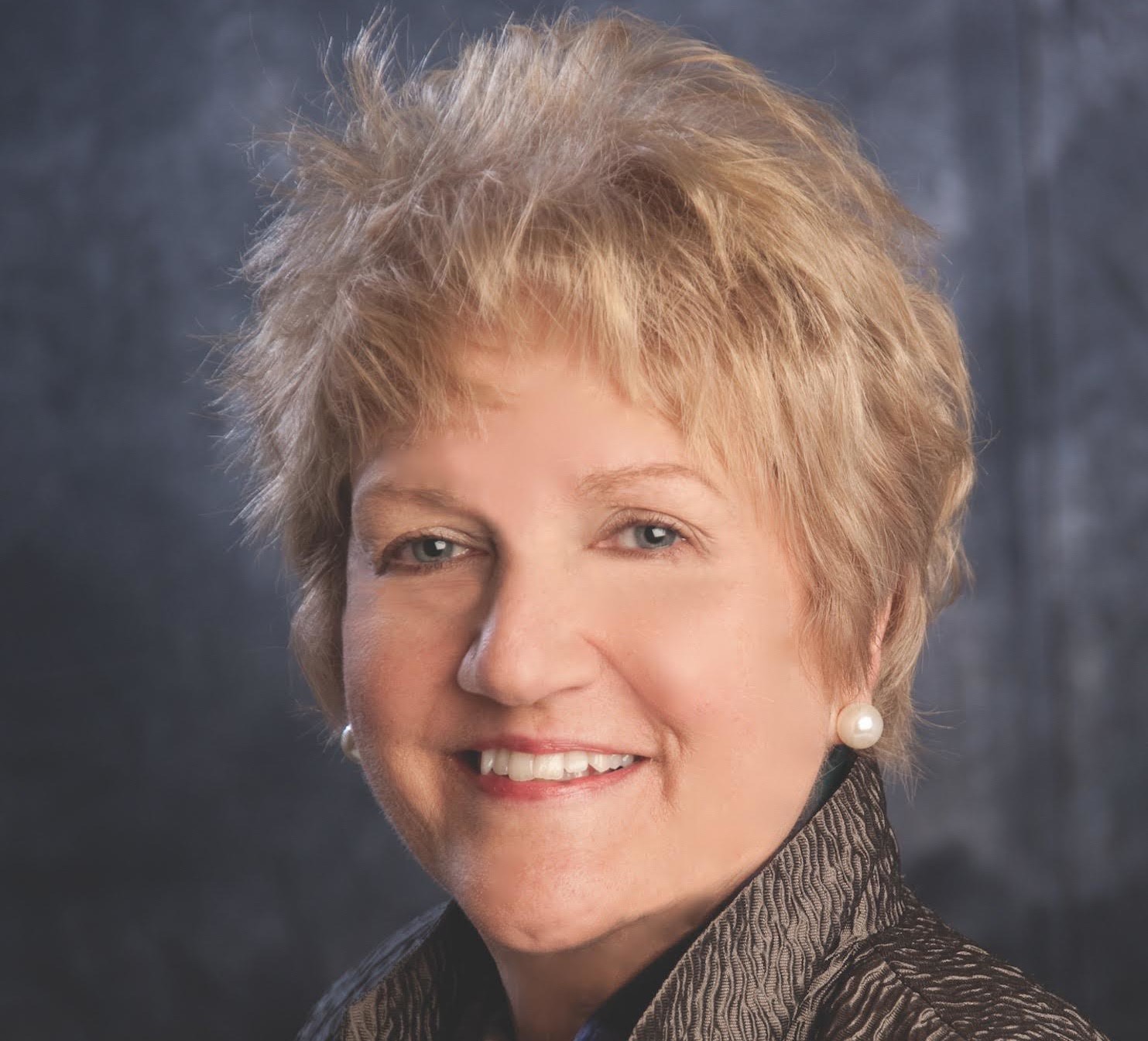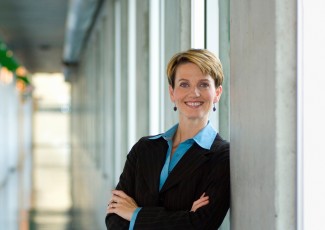Longtime President Reflects on Her Career
By Emily Rogan
March 31, 2016
Barbara Veazey, president of West Kentucky Community and Technical College, shares her thoughts on her more than 40-year career at the college.
Barbara Veazey, president of West Kentucky Community and Technical College (WKCTC), recently announced her plans to retire in June after more than 40 years in higher education at the same college. Beginning her career as a public health nurse, Veazey worked her way up, first becoming the president of Paducah Community College (PCC) in 2002 and then becoming the founding president of WKCTC when PCC merged with West Kentucky Technical College in 2003.
Under Veazey’s leadership, WKCTC was a finalist for the Aspen Prize for Community College Excellence in 2011, 2013 and 2015.
On the eve of her departure, Veazey discusses her career and offers some hard-earned advice to other female leaders.
What made you stay with the same college for 42 years?
I started looking at those students, mostly women, who were getting their degrees in nursing, older women trying to fulfill that dream. I was very interested in them; finances were their biggest barriers, and they were the first in their families to go to college. At first it was about the individual student, but along the way, I became aware that it was also about the community college, realizing the breadth and depth of what community college could do in changing lives like no other institution.
This is my home. I became the chair of the nursing program, and then I wanted to work with faculty to enhance their abilities in the classroom and applied to be vice president of academic affairs. When I thought about [ascending to] the presidency, I thought about moving, but the draw that kept me was the community and our family here. It was a deliberate choice that I would stay here and see what happens. I was fortunate to be able to be president at the college that I love so much.
What’s one accomplishment you’re particularly proud of?
Being a finalist for the Aspen Prize; that’s a sincere honor for the college. I think it’s building a culture of excellence. We consolidated into a comprehensive college when I became president, almost starting fresh. We had in our vision statement that we were going to achieve national preeminence — doing everything at a level of excellence for our students. Today, the grounds look good, equipment is state of the art, teaching is progressive and we’re making data-driven decisions. And I feel that when I leave, things won’t change. It’s so embedded in the culture here.
Why retire now?
After 42 years, 14 as president, I have a window to do whatever else I might want to do. I can get in my silver Jeep and be free. I bought it to tackle my retirement. I always wanted a Jeep, and I thought, “How much longer are you gonna be able to get up in one?” So I’ve been practicing.
What advice would you give to women leaders?
Think about what you want to do. Be more deliberate in your thinking. Many times we go on, and if we happen to end up in a leadership role, that’s great, but I think we’re not deliberate about what we actually want as a goal in our lives. Move your professional development toward that goal.
When I moved into the presidency, I should have done more in preparation as I look back; I should have learned more about budget management. Think about what you’re lacking and get yourself prepared.
What do you wish for the future of community colleges?
I think, across the country, we all struggle constantly to promote the value of a community college. And I think we’ve made strides in receiving national attention; that’s what the current administration has promoted. It’s why the Aspen Prize exists.
I would have us be recognized for the value and the absolute excellence of a community college education without having to work to get people to notice.







